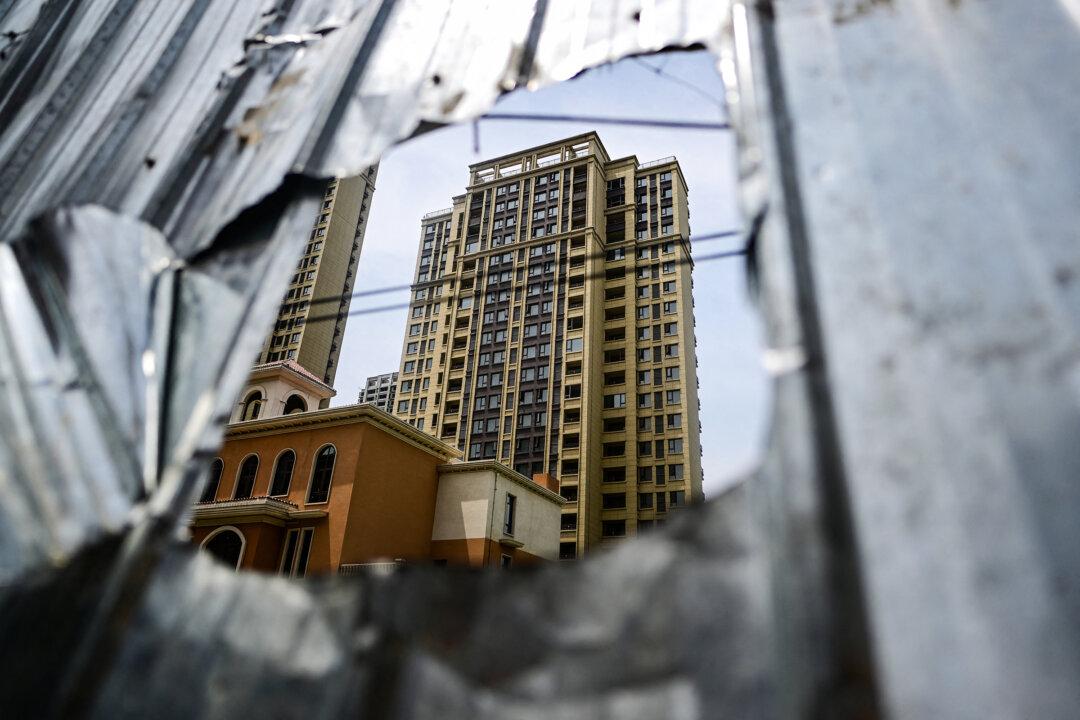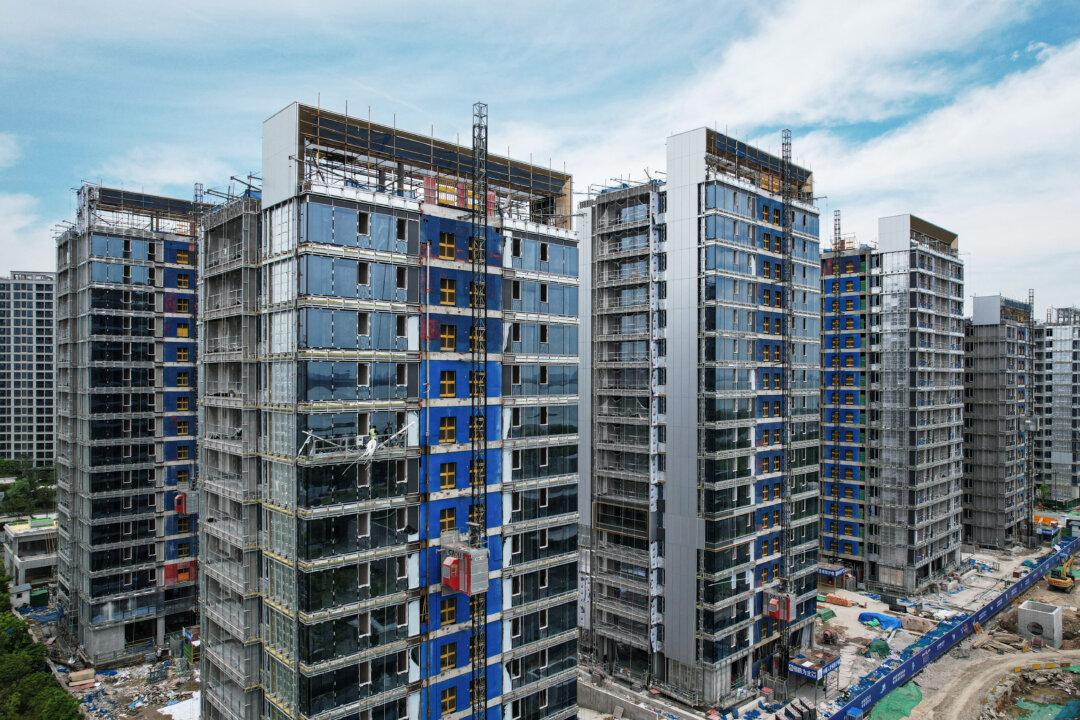China’s recent property sector policy easing will likely generate demand, but the effect could wane within a few months as economic recovery struggles and homebuyers turn cautious, said Moody’s on Thursday, cutting the second-largest economy’s property sector outlook to negative from stable.
“While the government has recently strengthened policy support for the sector, weaker economic growth prospects and concerns over on-time project completion and delivery will continue to weigh on homebuyers’ confidence and demand for the next 6–12 months,” according to the Moody’s report.





